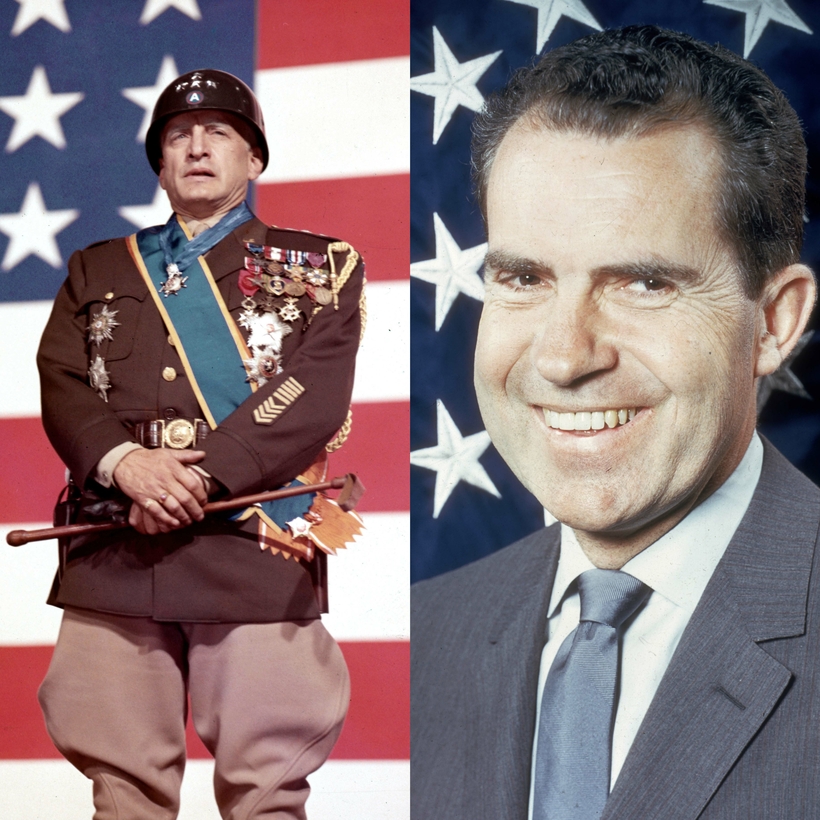You cannot judge presidents by the movies they watch, but you can judge them by the movies they watch again and again. Take Bill Clinton. What does it tell us that he screened High Noon more than 20 times in the White House?
Think of Bill during the impeachment, sad and alone—Hillary’s voice echoing down halls where Lincoln battled depression and Truman saw the ghost of Chester Arthur—watching Will Kane (Gary Cooper) step into the deserted streets of Hadleyville to face the guns of the Frank Miller gang alone. Because the sheriff had been forsaken. Because he’d played his historical role and was no longer wanted. Because, as the surf gurus say, “When you ride the big waves, you’re always alone.”


